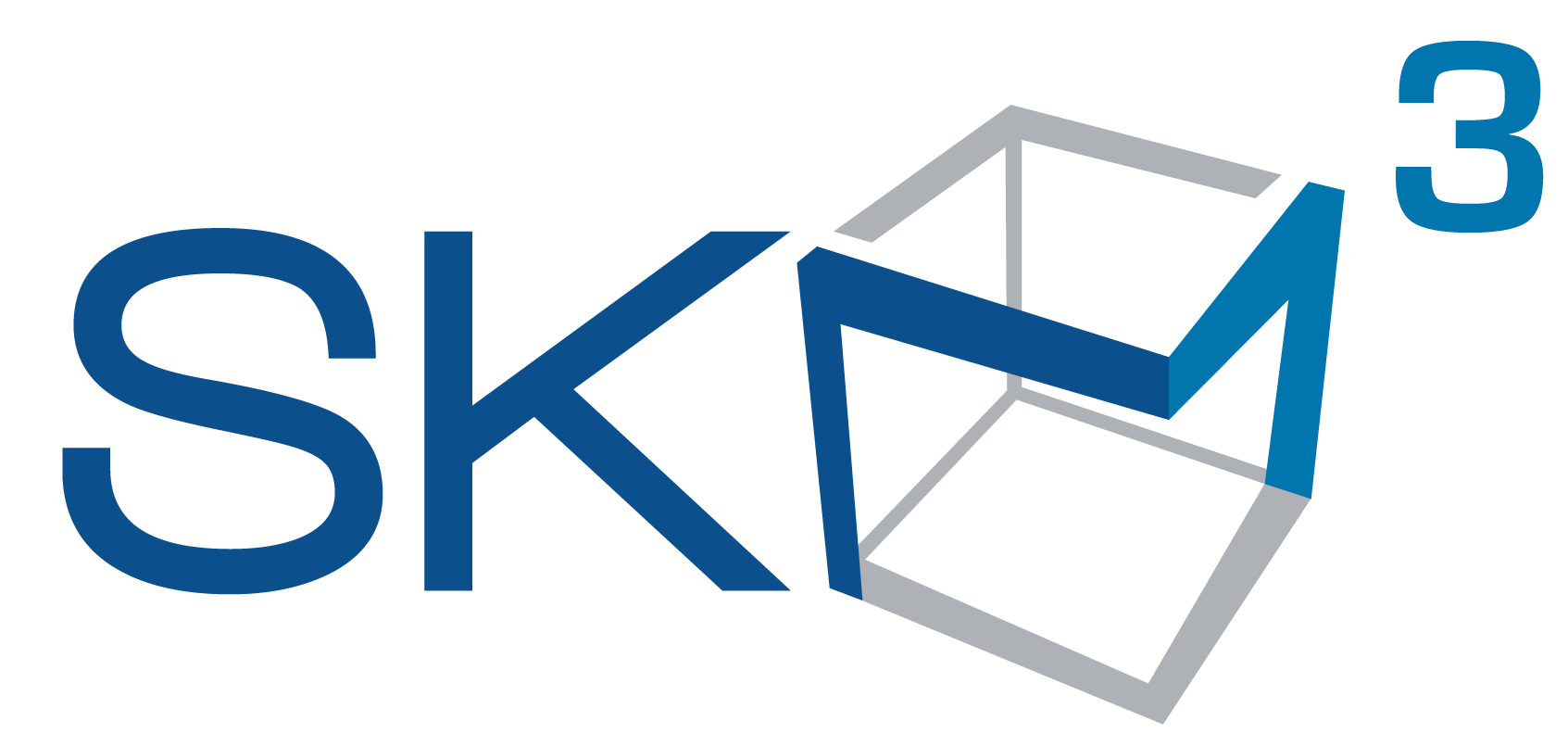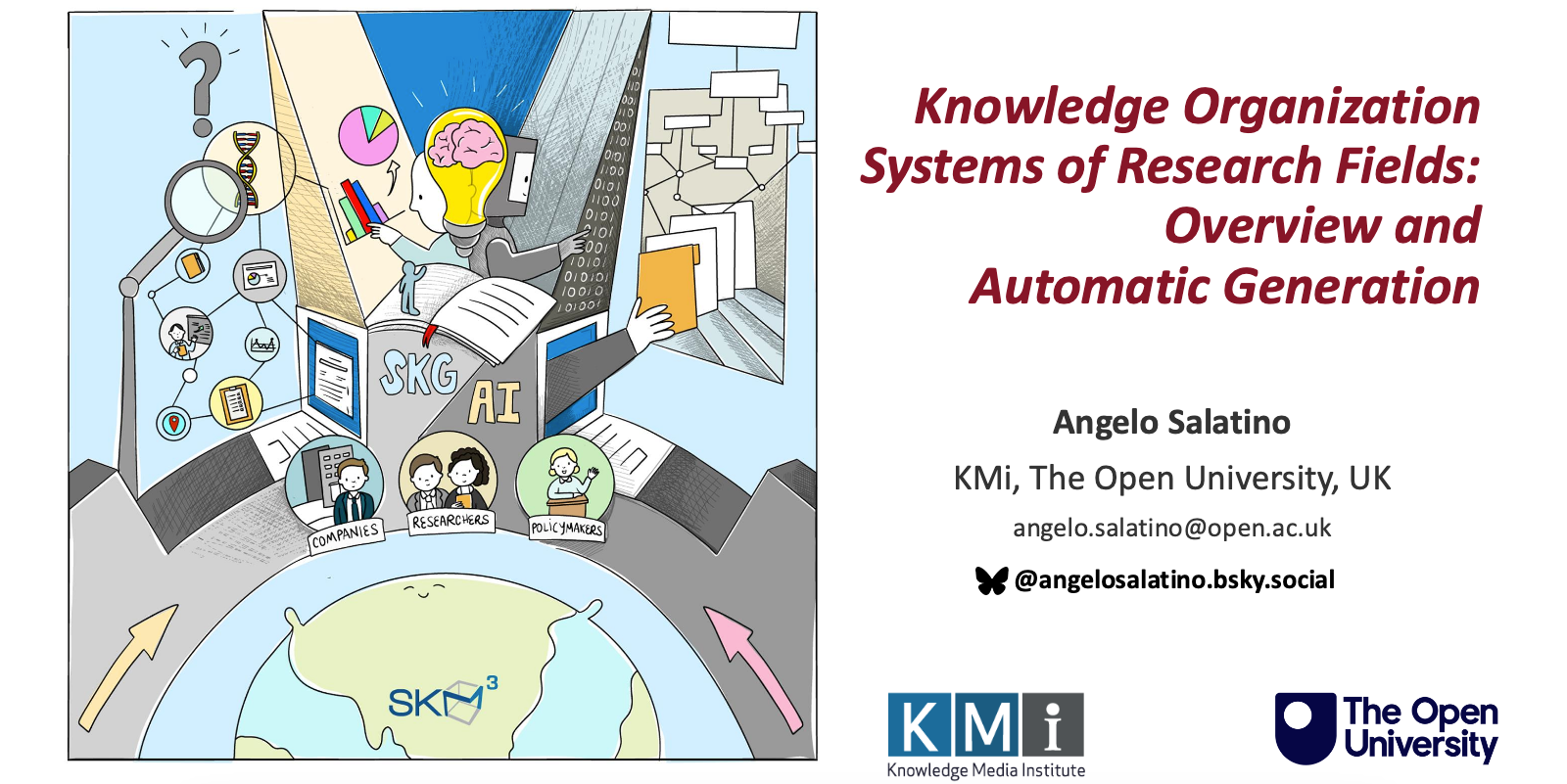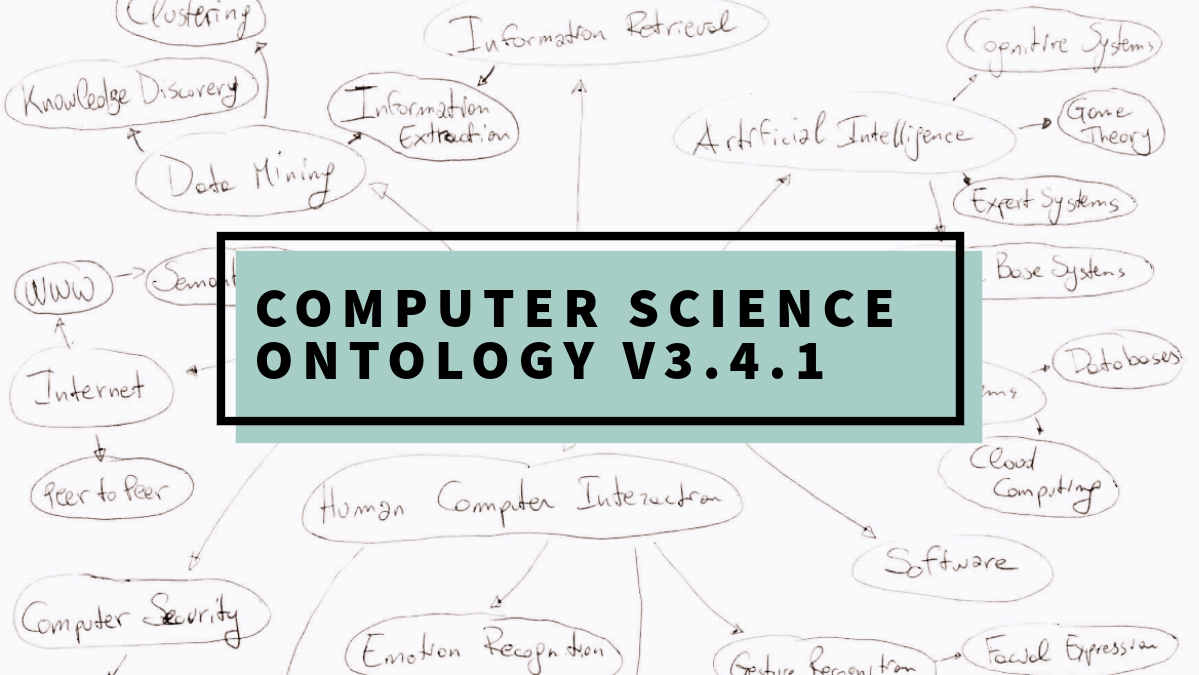
KMi’s Scholarly Knowledge Mining team (SKM) and Springer Nature have formally agreed to extend their strategic collaboration agreement until March 2022. The new contract defines the latest chapter in a highly successful strategic partnership, which started back in 2014 and has since gone from strength to strength. During these years the SKM team has established itself has one of the leading international research groups in scholarly analytics, in no small measure thanks to the financial support provided by Springer Nature and the massive added value derived from such a close collaboration with one of the top international academic publishers. In particular, this collaboration has enabled the SKM team to ground their research in concrete business requirements, leading to a number of innovative resources and applications. These include i) the Computer Science Ontology (CSO), the largest taxonomy of Computer Science research areas currently available, which has been formally adopted by Springer Nature; and ii) the Smart Topic Miner (STM), an innovative application, in routine use at Springer Nature, which automatically classifies conference proceedings in Computer Science with the relevant topics in CSO. Other recent results include the Academia/Industry Dynamics Knowledge Graph (AIDA), an innovative resource characterizing 14M publications and 8M patents according to their research topics and industrial sectors and the Artificial Intelligence Knowledge Graph (AI-KG), which describes 850K scholarly entities relevant to AI research, according to 1.2M statements extracted from 333K articles in AI.
The latest chapter of this exciting partnership will focus on developing new solutions able to predict accurately the key trends associated with both the generation and consumption of scholarly publications, a highly challenging research task whose successful solution will enable robust, data-driven decision-making for both editorial and marketing teams at Springer Nature.




